Issue:
March 2022
Miki Dezaki defeated critics of his film about wartime sexual slavery in a Japanese court, so why is the ruling being ignored?
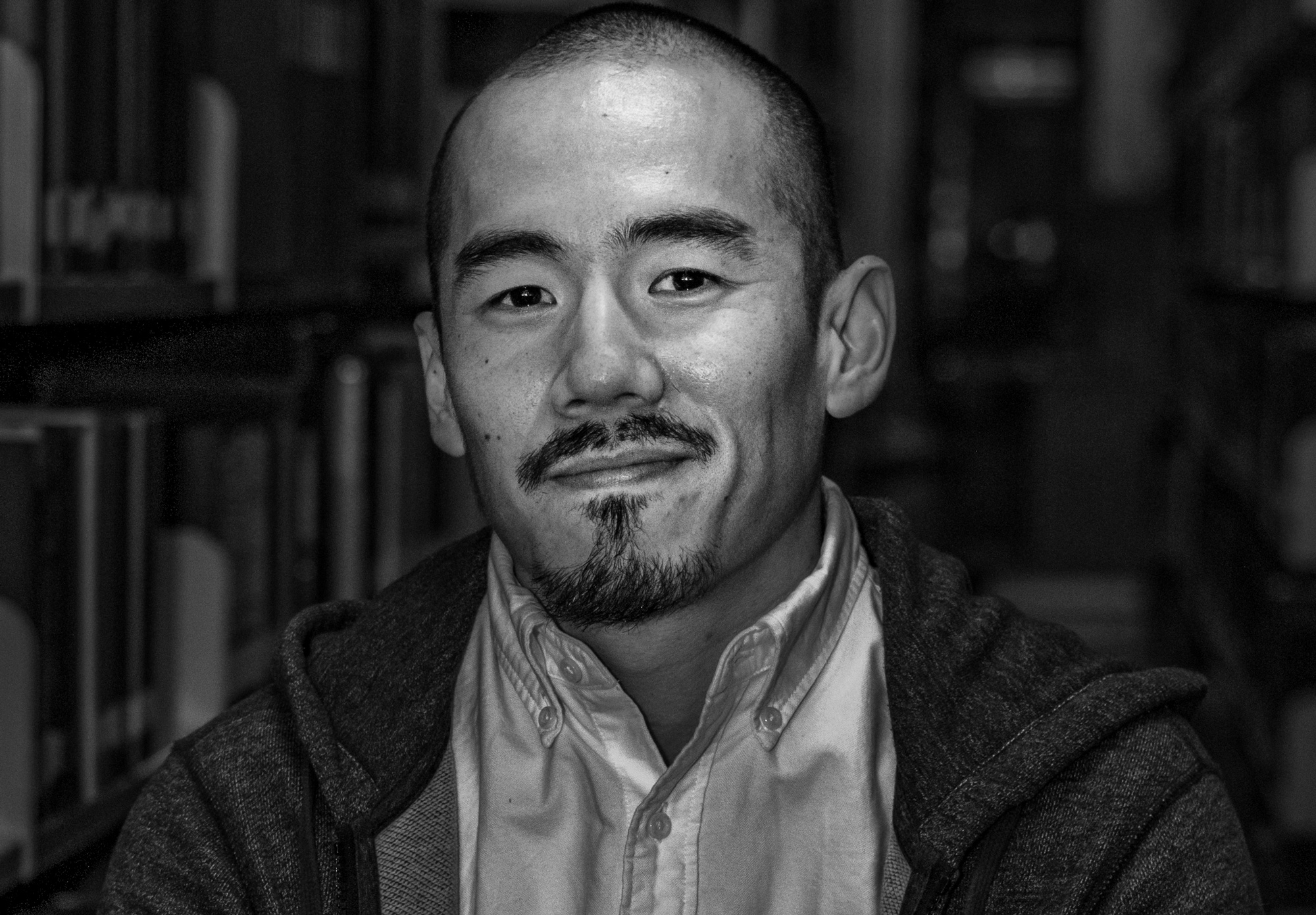
In June 2019, Miki Dezaki found himself defending his hit documentary Shusenjo: The Main Battleground of the Comfort Women Issue to a room full of reporters. Dezaki and the movie’s distributor Tofoo, were being sued for defamation by five of his interviewees, who had put forward the denialist case – that neither the Japanese state nor the wartime military had been involved in coercing thousands of Asian women into sexual bondage. The opening salvos in the lawsuit, in which they demanded damages of ¥13m, the termination of all future screenings and, in effect, the destruction of Dezaki’s professional reputation, were widely covered in the news. Its denouement in January, when a Tokyo court dismissed every single one of their claims, was not.
Apart from a few short print articles, the Tokyo District Court’s verdict has been largely overlooked - much to Dezaki’s dismay - by the Japanese media, including The Asahi Shimbun, the country’s flagship liberal newspaper.
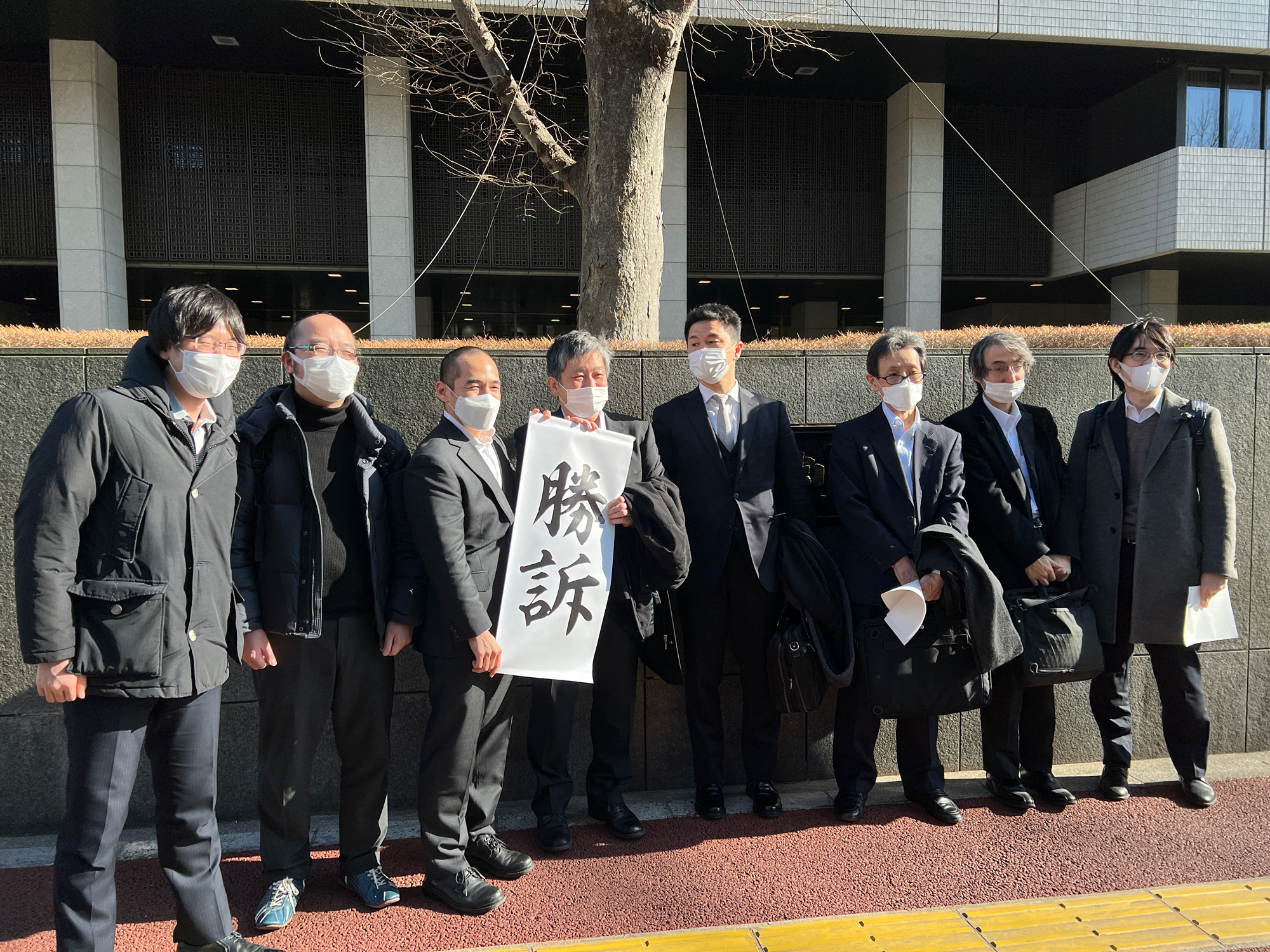
“I thought the media would be much more interested in this because it’s a win for freedom of expression,” he says. The aim of his opponents, he says, was to intimidate and silence him by burdening him with legal costs. Shunsenjo was subsequently pulled from a small Kawasaki film festival in 2019 (the decision was reversed after an outcry) and Japanese consulates around the world pressured venues to cancel screenings. “So, it is unfortunate that in the minds of the public it will probably remain that the movie is trouble, not that it is a film that won in court on all counts,” Dezaki says.
The plaintiffs in the civil suit, including Kent Gilbert, a lawyer and TV celebrity, Nobukatsu Fujioka, the deputy chairman of the Japanese Society for History Textbook Reform, and Yumiko Yamamoto, a former leading member of the far-right group Zaitokukai, argued they had been “deceived” into joining what they thought was a student film (Dezaki researched and directed Shusenjo for a master’s degree at Sophia University in Tokyo). They claimed to have been surprised when the documentary debuted at the 2018 Busan International Film Festival in South Korea, and upset to have found themselves dubbed “nationalists” and “revisionists” in a movie that Gilbert denounced as a “propaganda hit piece”.
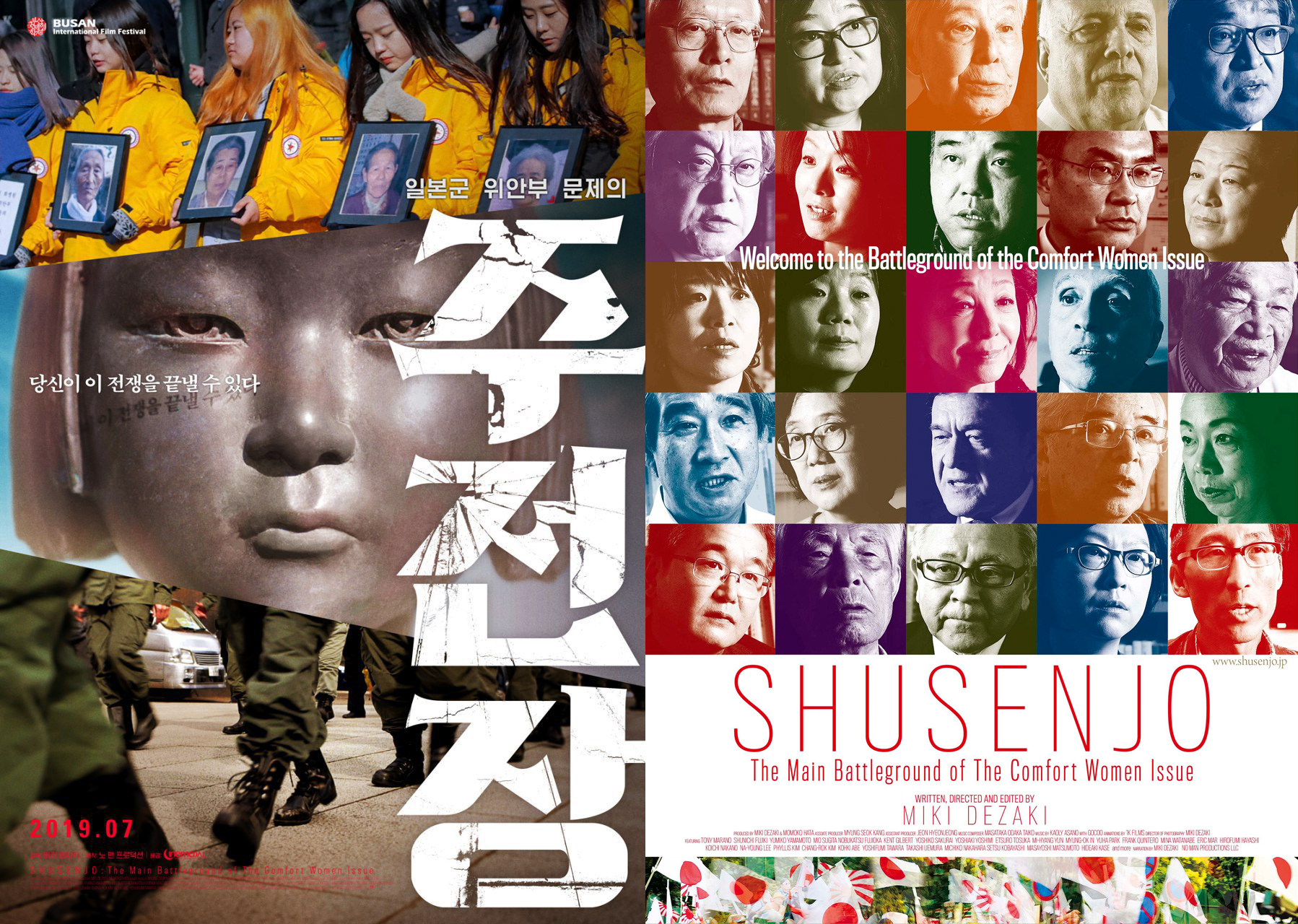
Dismissing the suit on January 27 this year, the presiding judge, Yoshiaki Shibata, said the plaintiffs had signed consent forms before the movie’s release, allowing the producer “to permanently distribute, show, display, or transmit the film to the public in Japan or abroad, or to sell or rent copies of the film”. He found no evidence that the film had diminished the social reputation of the plaintiffs by calling them revisionists, which after all means they were trying to “reexamine the established theories of history and present new interpretations”. Fujioka and Gilbert, who were in court to hear the judgement, reluctantly accepted that it had “completely refuted” their claims, but continued to claim they had been duped by a fraudster.
Dezaki says he finds it hard to imagine how his opponents thought they would win. “They said they only did the interviews because they thought the documentary wasn’t going to be seen out there (in public). Why would they do an interview if they thought it was only going to be a graduate project seen by me and my professor?” Among the more farcical elements of the trial was Gilbert’s insistence that he had signed the release form not knowing what it said in Japanese (Dezaki’s lawyers showed he had signed the English version). Yet, the fight took a toll. “Just getting sued is a loss for us,” Dezaki says. Despite being exonerated, he and his distributor must pay legal fees for a two-and-a-half-year battle involving six lawyers.
Before being derailed by the courtroom battle – and the impact of the global Covid-19 pandemic – Shusenjo had been shown at venues all over the world, including Harvard, Berkley, Hamburg, London and Vienna universities. Dezaki travelled widely promoting and defending it. The distributor estimates that about 70,000 people saw the movie in Japan (a major hit for a documentary) where it had a nine-month run at the Theatre Image Forum in Shibuya, and another round of screenings at about 60 theatres in South Korea. If anything, the negative publicity drew thousands more curious bystanders – as similarly controversial documentaries, notably The Cove, had already proved.
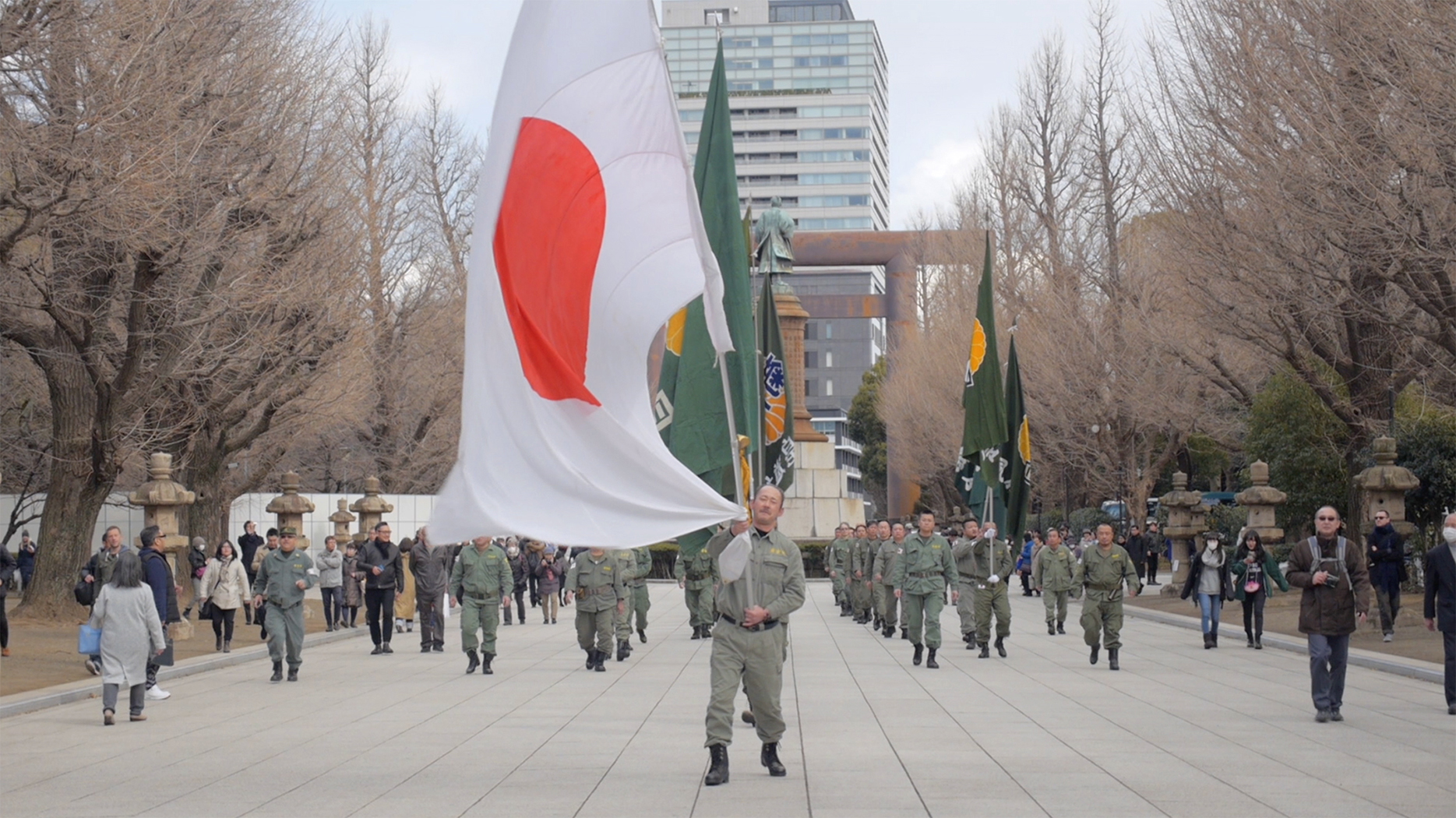
For an issue increasingly couched in euphemism, or avoided altogether (NHK’s stylebook, for example, instructs editors, translators and journalists to avoid giving explanations of what comfort women were and bans expressions such as “be forced to,” “brothels,” “sex slaves” and “prostitutes”) Dezaki’s documentary seemed raw and unfiltered. Freed from their dread of hostile interviewers, the denialists unleashed some striking observations. Gilbert insisted the women were “prostitutes”, not slaves. Journalist Yoshiko Sakurai said she “knew in her heart” that the Japanese military could never rape women. Fujiki claimed that feminism was started by ugly women.
Asked to cite a reputable historian, Hideaki Kase, director of the Alliance for Truth about Comfort Women, and a major supporter of denialist causes, said he “doesn’t read books by other people” and at one point seemed to attribute the rise of America’s civil rights movement to Japan. Discussing the fury that comfort women denialism provokes in South Korea, Kase called Koreans “cute,” like children.
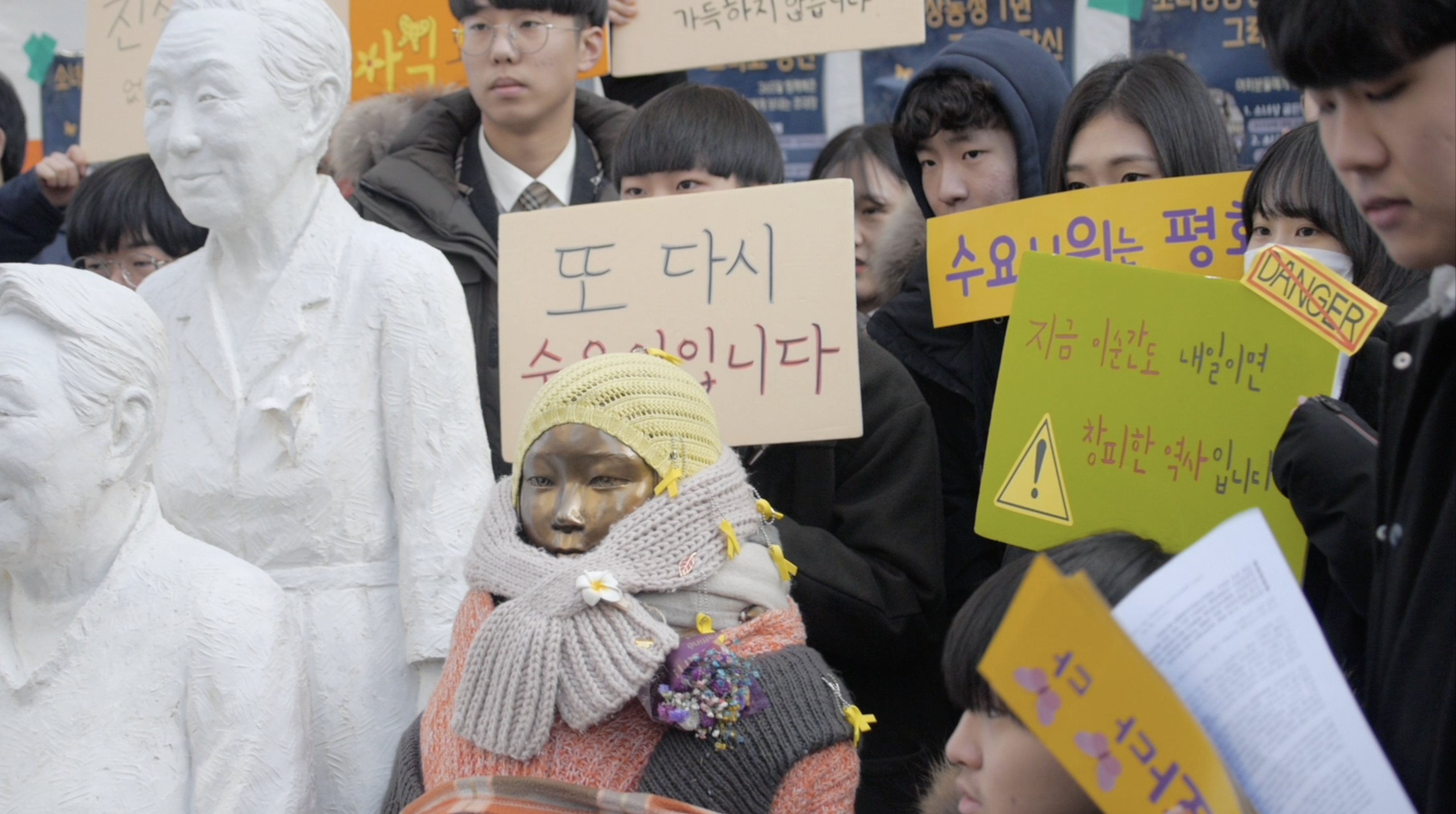
Even before the lawsuit, a semi-official campaign against the movie had begun. Organizers of gigs at UCLA and other venues said they had been contacted by Japanese diplomats. A letter from the Japanese consulate in Lyon to the president of Lyon Institut de Sciences Politiques, where a screening was scheduled, mimics the arguments of the plaintiffs, complaining about the event, explaining that the term “sex slaves” is inappropriate, and insisting - incorrectly – that Dezaki’s interviewees “were not informed that the interviews would be used for a documentary film and that it would be commercialized”.
This pressure is part of a broader diplomatic campaign to realign history in accordance with Japanese government objectives. In 2018, Japan's incoming ambassador to the U.S., Shinsuke Sugiyama, pledged to “travel around the U.S. and explain the Japanese government’s position in person”, in an attempt to remove comfort women statues that had appeared in several American cities. Before he had taken office, the U.S. Supreme Court ended the three-year legal battle to remove a statue in Glendale, Southern California, when it dismissed a lawsuit, funded by Kase and other denialists. Japan is currently demanding that the Mitte district in Berlin rescind a permit for a comfort women statue.
Japan officially insists that all issues stemming from its 1910-1945 rule of the Korean peninsula have been settled, but Dezaki’s movie highlighted its muddled position. The now-defunct Asian Women’s Fund, a compensation mechanism set up by the Japanese government in 1994, said the term comfort women referred to those who were forced to provide sexual services to officers and men of the former Japanese military at “comfort stations”, which were “first established at the request of the Japanese military authorities”. The updated website of the foreign ministry, however, says the “forceful taking away” of comfort women by the Japanese military and government authorities “could not be confirmed in any of the documents that the Government of Japan was able to identify” and that the expression “sex slaves” is incorrect. The figure of 200,000 victims, widely cited in popular articles, “lacks concrete evidence”.
Given that context, Dezaki says the court was a small but vital victory for truth.
“It is very clear that they were trying to silence the film - it was a battle between what nationalists want to be shown and what the constitution allows – which is freedom of expression. You had government officials at every turn supporting the revisionists, as opposed to supporting the constitution, and that’s really unfortunate.”
A loss would have made it “even harder” to publicly discuss the comfort women issue, he says, citing the case of The Asahi Shimbun, which in August 2014 retracted several articles based on claims by fantasist Seiji Yoshida (the retractions have since been used to argue that the Asahi instigated the entire controversy). “Just the lawsuit alone has had a chilling effect on the media and society as far as not talking about this, and trying to discredit and silence the film,” Dezaki says. “And unfortunately, because we’ve not had as much press as we would have liked, people won’t know that we won and were cleared of all charges.”
Dezaki is not out of the woods yet. The denialists have filed criminal charges with the police, who attended at least one court hearing. Osamu Arakida, the lawyer who represented Fujioka, Gilbert, Yamamoto, and their two fellow plaintiffs Tony Marano and Shunichi Fujiki, said afterward that the verdict “made no sense” and that they would appeal. Dezaki takes his documentary back on the road this month, with screenings at the University of Pennsylvania, San Francisco State University and other venues. Whatever happens, it is clear that his opponents are down, but not out.
David McNeill is professor of communications and English at University of the Sacred Heart, Tokyo, and co-chair of the FCCJ’s Professional Activities Committee. He was previously a correspondent for The Independent, The Economist and The Chronicle of Higher Education.

